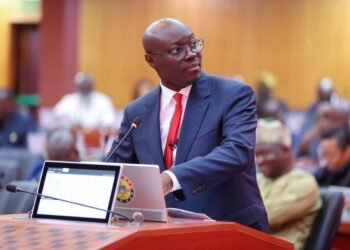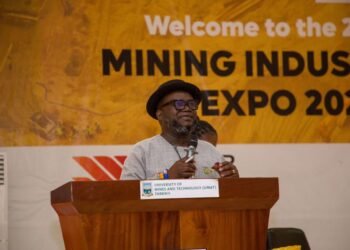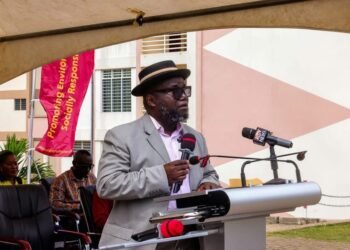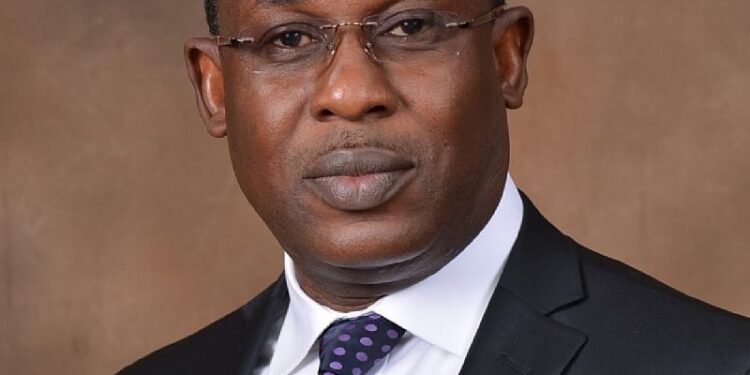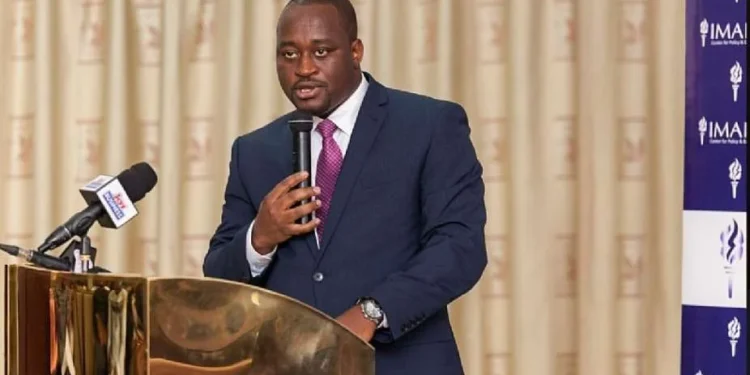Kodzo Yaotse, Policy Lead, Petroleum and Conventional Energy at the Africa Centre for Energy Policy (ACEP), has described as incoherent, existing national renewable energy policies and strategies.
Over the past few years, Ghana has made bold attempts policy-wise to adding renewable energies to its energy mix. Indeed, the country has substantial renewable energy potential, but progress has been far less than anticipated.
The government has made quite a number of renewable energy policy goals including solar power installations for electricity generation at the Bui Power Authority, 100% import waiver for the importation of electric vehicles (EVs), and mini-hydro-electric power generation, among others.
Despite the strong energy policies and strategies formulated, the target for achieving 10 per cent energy generation mix in renewables by 2030 may be too far from realization as have been the case in the past decade. Currently, renewable energies contribute less than 2 per cent to on-grid electricity. And clearly, policy actions towards the country’s renewable energy drive are much slower than anticipated.
“There is no coherence between the policies that have been [formulated]… we were supposed to achieve 10% of on-grid renewable energy as part of our energy mix by 2020. We have now shifted that time to 2030, because currently we are doing less than 10%. ”
Kodzoz Yaotse, Policy lead
Government’s Attention not on Renewable Energy but Domestic Gas
Admittedly, on face value, the government’s attention appears to be on optimizing its domestic gas to plying aggressive renewable energy projects, Mr Yaotse disclosed.
“Now, we have our own domestic gas, which is a bit cheaper than liquid fuels… we’ve also signed, for example, the Eni gas on a take-or-pay basis. So, how do you optimize the gas to ensure that you don’t incur extra cost? So, as a result, the focus is not on renewable energy.
“Those little projects you see- solar projects and mini-hydro projects (in my own understanding of the space) are usually informed by donor demands.”
Therefore, these projects are only a signal to the international community that “we are not opposed to energy transition but the reality on the ground speaks differently,” he asserted.
He intimated that the two key focus areas of the government are: How does the government optimize its domestic gas which is costing so much?; How does the government deal with excess capacity from Independent Power Producer (IPP) contracts that has been signed?
More to the point, the government’s ban on the issuance of power purchase agreements (PPAs) for renewable energy development in the country since 2017 is still in place. This presents several concerns as it depicts slow progress being made by the government towards its renewable energy agenda.
Specifically, this serves to further delay the government’s policy of achieving 100 per cent of electricity coverage by 2025.
In fact, there is still a huge deficit that exists within Ghana’s renewable energy space. While the policies and plans formulated are in place, the lack of coherence between the policies is the biggest conundrum that, if solved, will make a huge difference.
READ ALSO: We Should be Allocating 10-15% of our GDP to CAPEX- IEA





